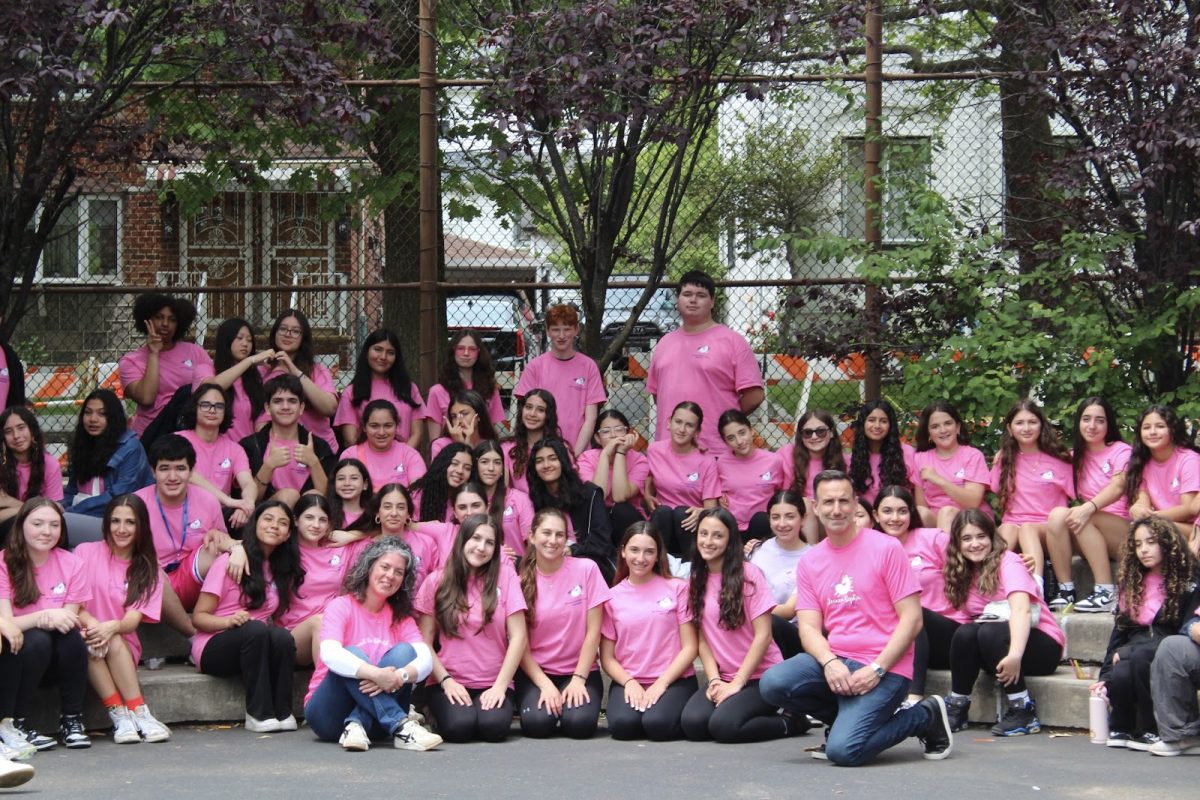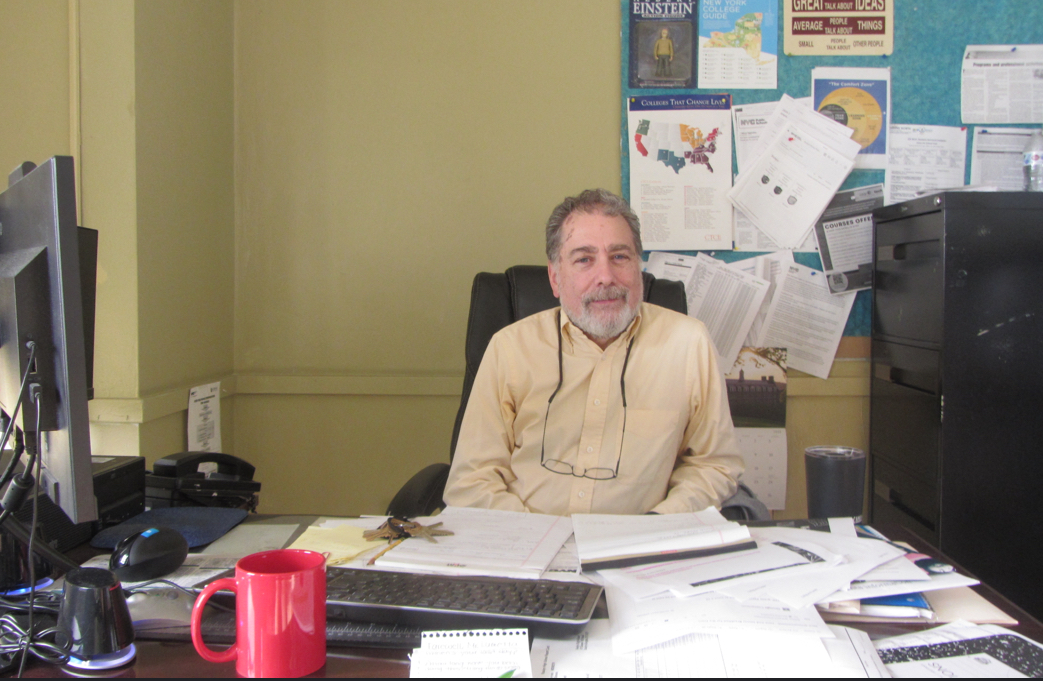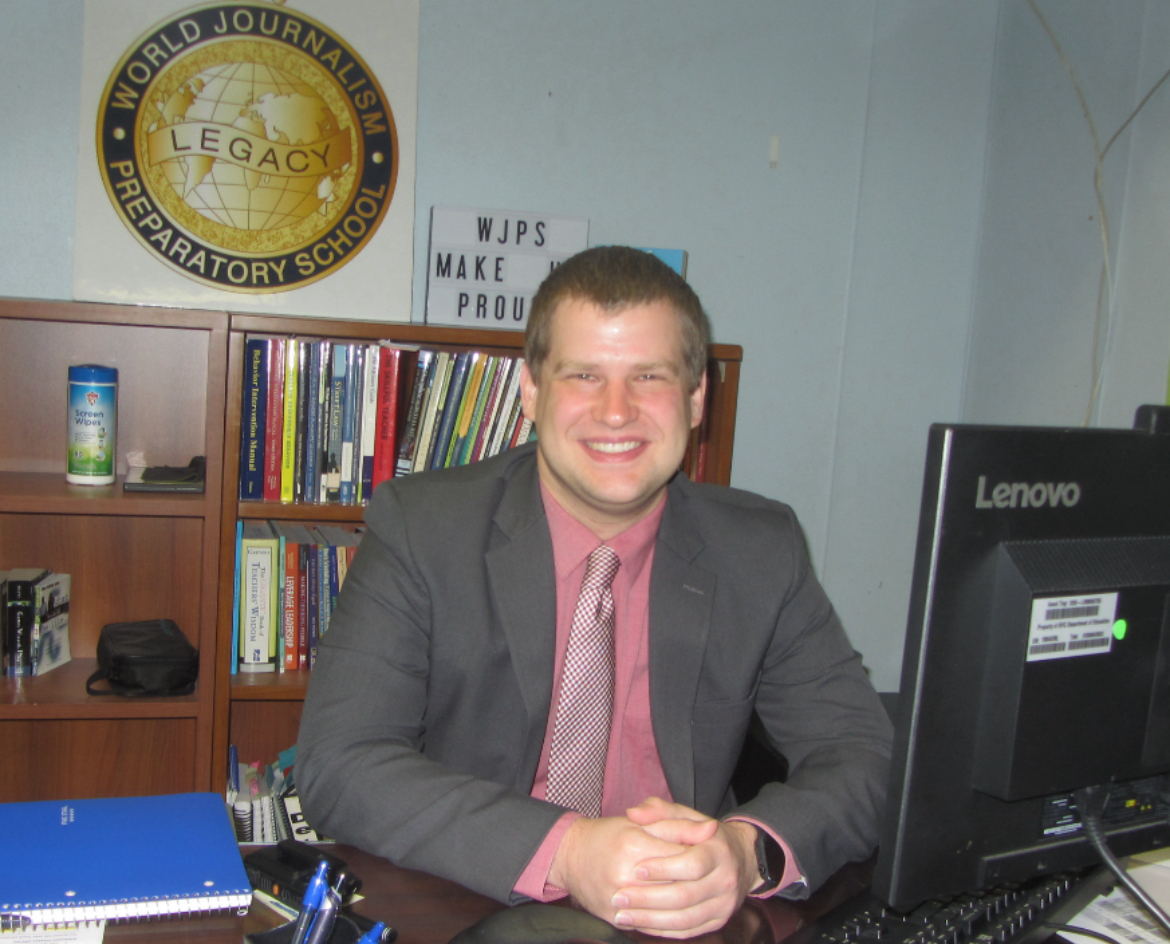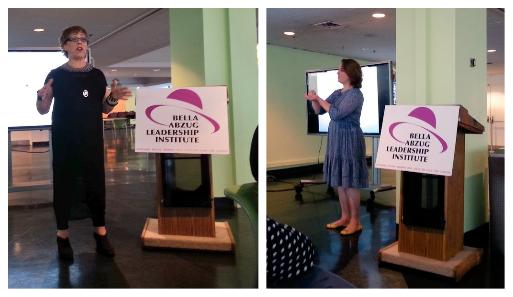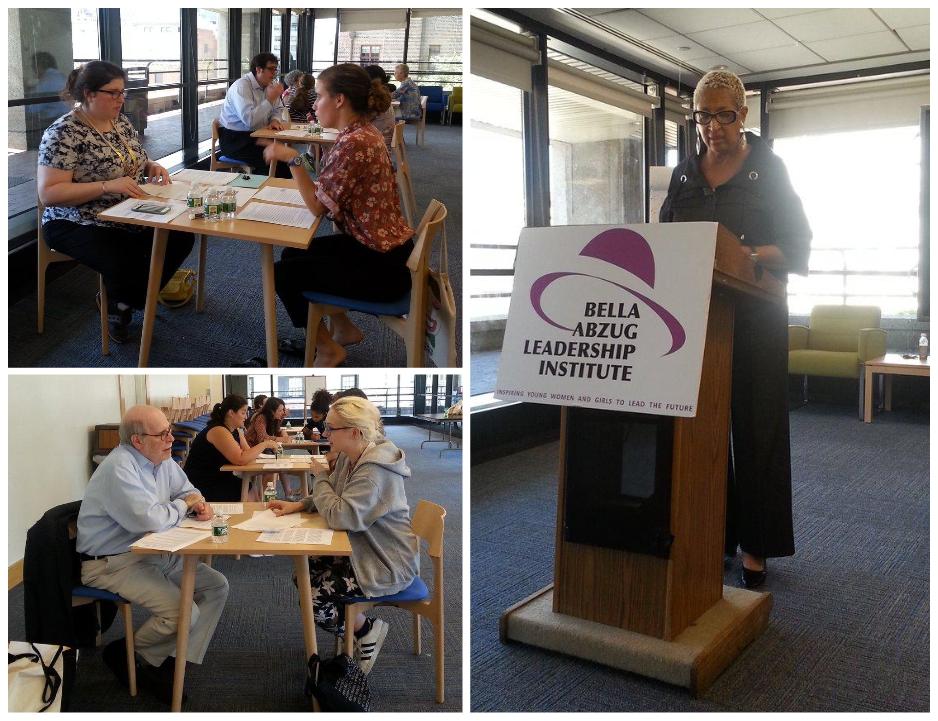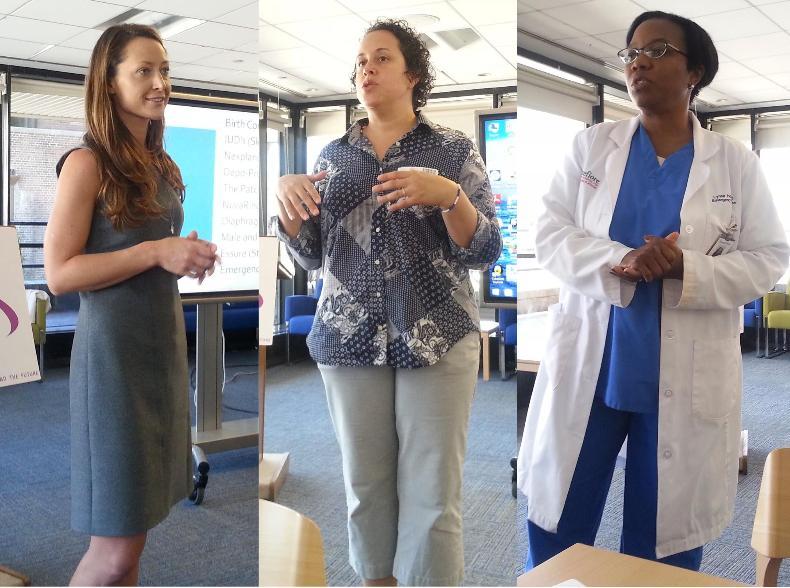by Aja Landolfi, editor in chief
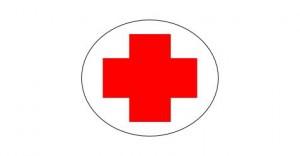
A person’s body is the thing that carries them through their life. As younger students get older, it becomes more important for them to learn how to properly care for their bodies.
On Tuesday, December 8th, nursing students from the nursing department at Queensborough Community College came to WJPS to talk to the seventh grade health classes about taking care of their bodies.
During fourth period, half of the students met in room 333, with four different nursing students, and one professor, to talk about how they could properly take care of their bodies, and what could happen if they don’t.
Presentations started off with the nurses talking about personal hygiene. They told the kids how they have to have good oral care by brushing their teeth two times everyday, washing their hands regularly, and to shower often.
“We hope the students were able to take away a lot of good information about sexual health, sexually transmitted infections, hygiene, the best ways to take care of yourself. For a lot of kids these are awkward questions and they don’t want to ask so to have some nurses come in and explain it to them is very helpful,” seventh grade health teacher Ms. Katz said.
Students were also told to try to avoid touching their faces, and that they should use deodorant and wear cotton socks and underwear, to help eliminate sweat that causes body odor.
After going over the basics the nurses moved into talking about puberty. The nurses defined puberty as the time a child’s life where sexually maturity occurs and where one is able to reproduce. They informed the students that they will be experiencing changes such as growth spurts, hair growth, periods (for the girls) and voice change (for the boys).
“It was very uncomfortable. They were very descriptive. Honestly the class was very immature. We were learning about STI’s and they couldn’t take it serious,” seventh grader Nicole Kim said.
Next they moved onto talking about sexually transmitted infections (STI’s). According to their presentation 15-24 year olds make up 27% of the sexually active population and account for getting 50% of the sexually transmitted diseases like Human Papillomavirus (HPV), Herpes, Syphilis and HIV.
“It’s committed to keeping teenagers healthy and if students learn something and go home and spread the news and have a change in their lives we have done our job,” professor from the department of nursing at QCC Georgina Colalillo said.


